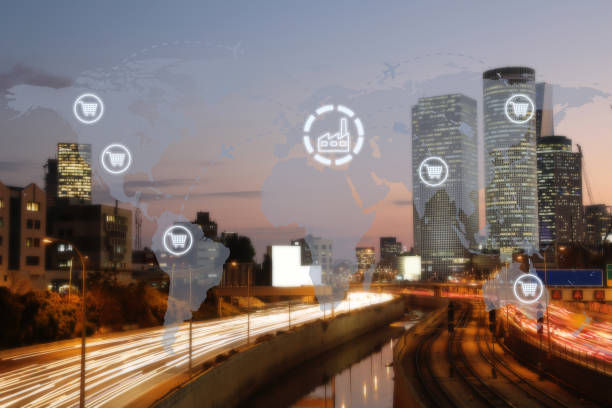
Disruptive forces are affecting the hotel industry in all directions, from Airbnb to the growing competition within the food and beverage sector.
Arthur Adler is Chairman of JLL Hotels & Hospitality Group – Americas. He believes that this is not a bad thing. In fact, disruption drives innovation in the hotel industry. Hotel brands and operators are implementing new concepts to enhance their offerings and retain their customers.
Adler says that the guest experience and profitability are really driving this innovation. As travelers’ lodging preferences change, the hospitality industry is going to follow suit in order to ensure that both the guests’ needs and the owners’ profits are met.
The disruptive forces at work
Alternative accommodation providers have disrupted the hospitality industry, but they are not the only ones. Adler says that workplace transformations like co-working and innovation in food and beverage service are also affecting the lodging industry.
According to JLL’s research, the total market share of home rentals and other alternative accommodations is only 3 percent. This number is expected to grow to 5 percent in 2025. Airbnb announced in October 2017 that it would work with developers to create branded apartment buildings across the US. The properties will combine residential amenities and hotel amenities.
The hotel brands have also adapted their designs to reflect the popularity of the sharing economy. Some hotels are converting meeting rooms into co-working areas while others introduce more shared spaces. This gives guests the opportunity to mingle and meet other guests.
Some hotels have launched niche brands that offer specific services to appeal to different types of travelers, including those who are attracted by the Airbnb experience. Marriott’s Moxy and Accor Jo&Joe are aimed at a Millennial audience, focusing more on local connections and sharing experiences than traditional products and amenities.
Adler explains that “the property is no longer just a place for people to sleep, but has become a destination unto itself.”
Playing disruption game
Hotels are encouraged by disruption to look for ways to improve their existing models. Room service, which is not profitable, is being replaced with more modern alternatives such as grab-and-go options or partnerships with local brands that provide their products on-site.
Adler says that it’s a great solution for everyone. Adler says that hotels can offer food delivery services without incurring the high costs of producing the food themselves, and guests will get to experience local cuisine.
The latest technology also plays a major role in helping to make hotels more efficient and to provide guests with a better stay. Adler says that hotels are able to incorporate new technologies into their services and spaces to bring them to a higher level.
Hotels are using chatbots to improve the customer experience, starting with the reservation process and continuing through to the resort. In Japan, the Holiday Inn Osaka Nanba now has an AI concierge who can assist guests with tasks like booking restaurants and suggesting activities.
Brands are also looking for ways to improve their digital footprint and increase guest loyalty by promoting direct bookings and offering exclusive experiences to members.
A promising future
The travel industry is still dominated by the real world, despite the fact that the digital world continues its evolution and poses new challenges to hotel brands. “It’s experiential. Adler says that you can’t just imagine staying in a hotel or going on safari but have actually to do it. “People are looking for those experiences, and disruption is encouraging the hotel industry to find new ways to meet and exceed traveler’s expectations.”
Hotel guests can now engage with destinations and brands more deeply by focusing on local culture, unique experiences, and smart technology.
This trend is set to continue for many years. Adler concluded that “hoteliers will continue to have opportunities to innovate as long as there is demand for hotels.” Adler concludes that “Hotels have changed dramatically in the last 50 years, and will continue to do so for another 50.”





